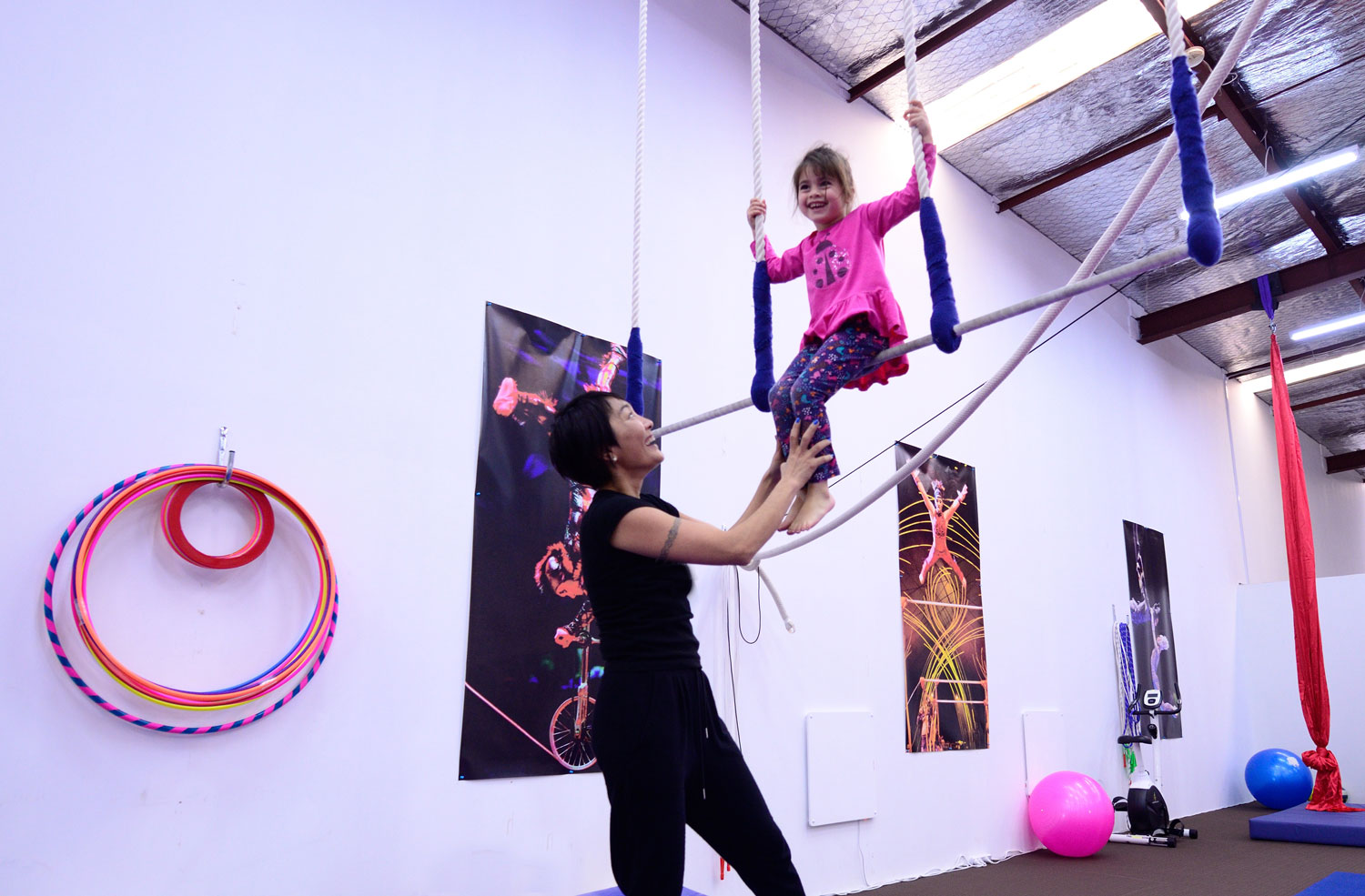8 Strategies for Motivating Young Gymnasts in Your Gymnastics Club
Motivation is a crucial part of the coaching process, and it’s something that your young gymnasts will need to stay engaged, interested, and motivated in their pursuit of success. Your coaching staff plays a significant role in ensuring your young participants want to spend their time at the gym refining their skills.
As an employer and mentor, you know it’s your job to create a supportive environment to help young gymnasts and staff develop their skills and succeed. In this guide, follow these eight strategies to help motivate and inspire your young gymnasts.
1. Don’t Overwhelm Young Gymnasts
Young gymnasts are like any other children. They love to be challenged and have fun. But sometimes, finding that balance between challenging and overwhelming them can be tricky.
The key is to know your young gymnasts, their capabilities, and their interests. Then you can use simple strategies to ensure they stay motivated at your gym.
Here are some ideas:
- Begin with more achievable goals if a gymnast fears a routine or exercise.
- If they have trouble with certain routines, start with things they know and like to do.
- Concentrate on competence and control.
For example: If they say, “I hate doing bars,” try to find ways to turn this around to “I love doing bars!”
- Teach them a new skill they can become competent in and feel in control.
2. Pay Attention to Young Gymnasts’ Emotional Well-Being
Since young gymnasts are the sport’s future, paying attention to their emotional well-being is essential. But unfortunately, young gymnasts haven’t fully developed their emotions yet.
Their emotional ups and downs can often feel like a roller coaster ride, so it’s important to mentor your coaching staff in emotion coaching.
It’s vital that young gymnasts feel safe in their environment and know that they can rely on their coaches for support. You should be able to give them constructive feedback without making them feel judged or embarrassed by what they say.
Listen carefully to what your young gymnast is saying, and try to understand why they feel that way. Incorporate their home life into your thinking and their relationship with other gymnasts, coaches, and their parents. Be open with communication and calmly ask questions to try and help determine a logical reason for their emotion.

3. Monitor Coaching Feedback to Young Gymnasts
Giving coaching feedback is an integral part of an excellent coach-athlete relationship, but it can be challenging to know how to provide constructive feedback in a way that will help young gymnasts grow.
Aim for the sweet spot of neutrality when a gymnast talks about learning a skill themselves and help them have a growth goal.
Focus on giving positive feedback and record the successes that your gymnasts have accomplished – sometimes, they forget their successes when put under too much pressure to learn something new.
4. Avoid Giving Too Much External Motivation to Young Gymnasts
An activity motivated by winning a competition or receiving an award, payment, praise, or approval is an external goal.
Candies and other special treats may be effective in the short term but do not contribute to effective long-term motivational strategies for athletes. Alternatively, you can create a fun game-based challenge or allow five minutes of non-train time on a trampoline as other entertaining activity-based solutions.
A balance of internal and external motivation is what creates a well-rounded athlete. Providing a space where you can utilize both motivational factors allows your gymnasts to perform at their best.
5. Provide Young Gymnasts with Variety in their Routines
Perfection is not the goal, as mistakes happen. But variety is a secret weapon to help you keep your gymnasts motivated.
If your gymnasts become frustrated with one routine or exercise, you should encourage them to try something else so they can get a fresh start, but remind them that practice is still necessary. Likewise, if they struggle with a particular skill, encourage them to try it differently.
You can also challenge them to try new things! This may spark them to try new techniques and reignite their passion for gymnastics.
6. Teach Young Gymnasts the “WHY”
Let’s talk about the why – Why are we doing this? Why do we have these rules? Why do we have to do this skill a certain way? Why do I have to perform this exercise so often?
As mentors and coaches, it’s your job to answer the ultimate “why” questions with your gymnasts. By clarifying why we have these rules and expectations, your gymnasts can understand why they must abide them.
For young gymnasts to have successful careers, we must help them understand how following the rules and terms will help them reach their goals and improve as athletes.
You should also remind your gymnasts about why they wanted to try gymnastics in the first place. Whether it was because of their friend who introduced it to them or even if their parents thought they would enjoy it – remind them of some of the benefits of gymnastics.
7. Garner a Better Relationship with Young Gymnasts
Gymnastics is not just a sport but a lifestyle. It can lead to many different things later in life when valuing the importance of necessary life skills like building social & problem-solving skills, overall body strength and health, and goal achievement.
Coach-athlete relationships play a significant role in your gymnast’s personal development as a competitor and as an individual.
A sincere and caring relationship can improve the performance of your young gymnasts and their willingness to trust your judgment. To do this, your coaching staff needs to have an empathetic and understanding mindset interested in understanding how a gymnast’s mind works on and off the mat.

8. Be the Model of Motivation for Young Gymnasts
Many athletes are visual, so they do the actions that they see. If you want to inspire your gymnasts and coaches to do their best, you must show them what motivation looks like.
You must always hold yourself and your coaches accountable for their actions. By setting an overall standard for expectations (and then proving that you can meet those standards), your team will be able to perform better because everyone is working together towards a common goal.
Share Your Strategies For Motivating Young Gymnasts!
There is no one size fits all approach to creating a successful gymnastics club or the perfect coaching strategy, but each idea can be customized to fit your club’s needs.
What strategies do you and your coaching staff use to motivate young gymnasts?
Email us at usgymnasticsclubs@gmail.com with your latest tips and tricks!

